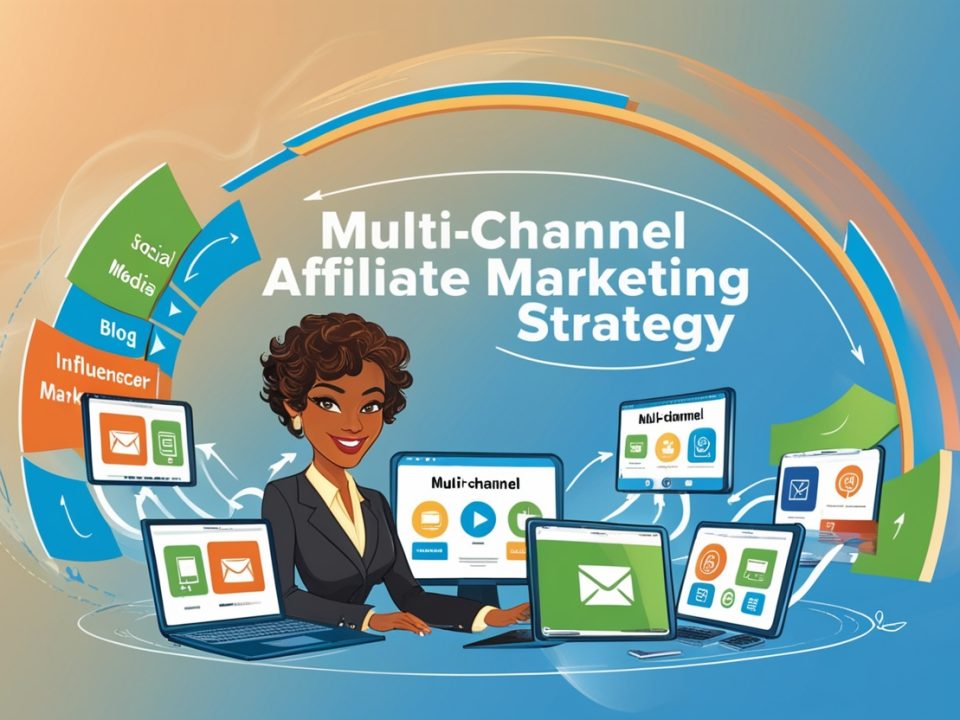
Email marketing has been a staple for businesses looking to reach out to their customers for decades. With the rise of social media and other digital marketing strategies, it can be easy to overlook the importance of email marketing. However, opting in to email marketing can provide numerous benefits for both businesses and consumers alike. In this article, we will explore the various ways in which opting in to email marketing can benefit you.
Benefits of Opting In to Email Marketing
1. Direct Communication
One of the biggest advantages of email marketing is the ability to communicate directly with your audience. When a consumer opts in to receive emails from your business, they are giving you permission to reach out to them directly. This allows you to tailor your messages to their specific interests and needs, creating a more personalized and targeted approach to marketing.
2. Cost-Effectiveness
Compared to traditional marketing methods such as print or TV ads, email marketing is incredibly cost-effective. You can send out thousands of emails to your subscribers for a fraction of the cost of other marketing channels. This makes it an ideal option for small businesses and startups with limited marketing budgets.
3. Increased Engagement
Studies have shown that email marketing consistently outperforms other marketing channels in terms of engagement. When done right, email marketing can drive higher open and click-through rates, leading to increased website traffic and sales. By providing valuable and relevant content to your subscribers, you can keep them engaged and interested in your business.
4. Data-Driven Insights
Email marketing platforms provide valuable insights into the performance of your campaigns. You can track metrics such as open rates, click-through rates, and conversion rates to understand what resonates with your audience. This data can help you refine your marketing strategies and make informed decisions about future campaigns.
5. Building Relationships
By regularly communicating with your subscribers via email, you can build and nurture relationships with them over time. This can lead to increased loyalty and trust in your brand, ultimately leading to higher customer retention and repeat purchases.
6. Customization and Personalization
Email marketing allows for a high level of customization and personalization. You can segment your email list based on various criteria such as demographics, purchase history, or interests, and send targeted emails to each group. This level of personalization can lead to higher conversion rates and a better overall customer experience.
Conclusion
Opting in to email marketing can provide numerous benefits for both businesses and consumers. By allowing businesses to communicate directly with their audience, email marketing can lead to increased engagement, cost-effectiveness, and valuable insights into consumer behavior. For consumers, opting in to email marketing can lead to receiving personalized and relevant content from brands they are interested in, ultimately leading to a better overall customer experience.
FAQs
1. Why do businesses need to have a website for email marketing?
A website serves as the central hub for a business’s online presence. It provides a place for consumers to learn more about the brand, make purchases, and sign up for email marketing. Additionally, a website allows businesses to capture valuable data about their audience and track the performance of their email marketing campaigns.
2. What are some quality keywords to include in email marketing content?
Some quality keywords to include in email marketing content include terms related to the specific products or services offered by the business, as well as terms related to the target audience’s interests and needs. It’s important to conduct keyword research to identify the most relevant and high-performing keywords for your email marketing campaigns.
3. How can businesses improve their email marketing strategies?
Businesses can improve their email marketing strategies by regularly testing and optimizing their campaigns. This can involve experimenting with different subject lines, content formats, and calls-to-action to see what resonates best with their audience. Additionally, businesses should focus on providing valuable and relevant content to their subscribers to keep them engaged and interested in their brand.




